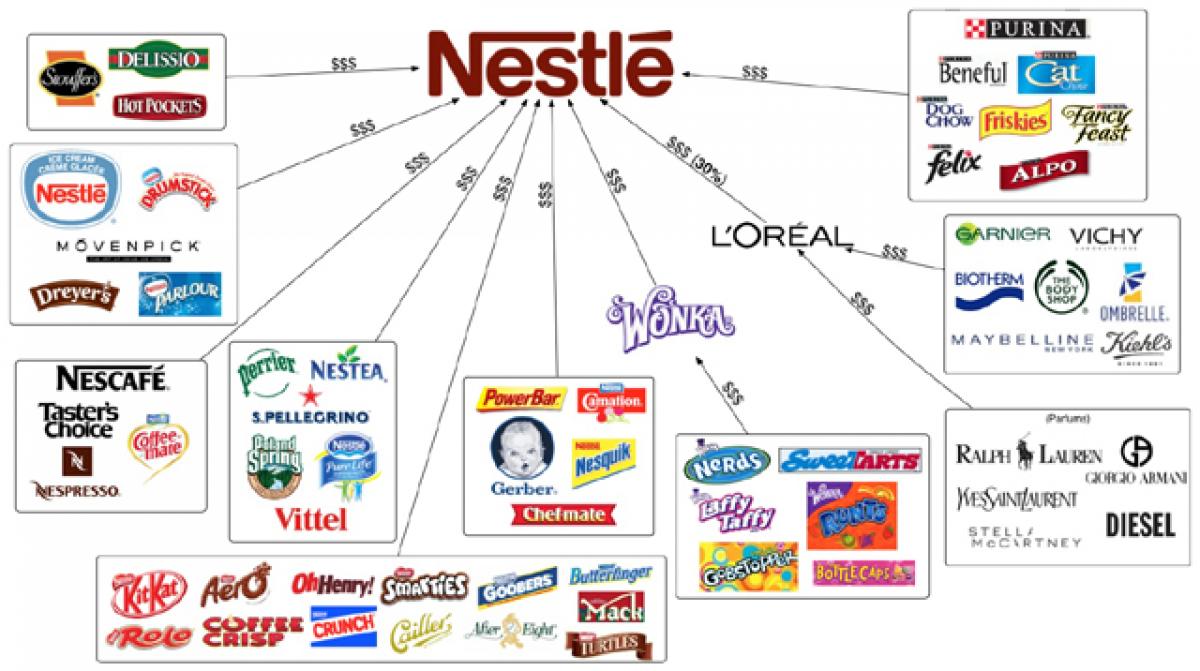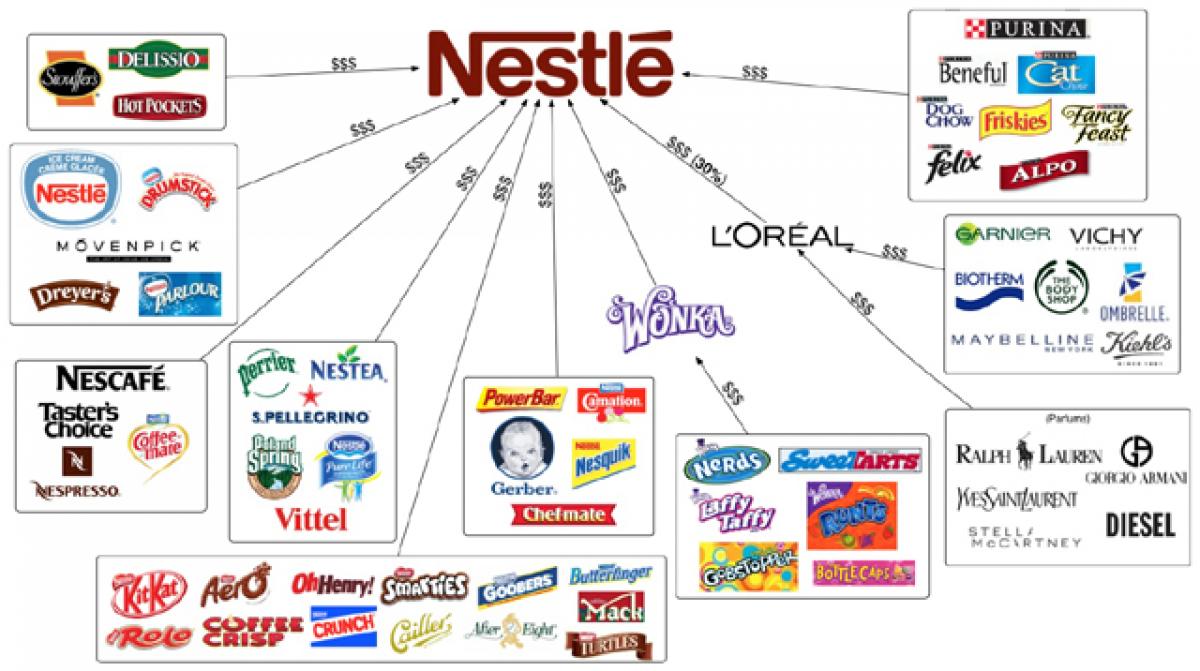Nestle cannot forfeit Brand Maggi

As Nestle braces to regain consumer trust over safety of its popular noodles, the jolt on its India operations will be severe, given the position \"Brand Maggi\" has enjoyed in its ecosystem, analysts said. But all may not be lost either, for a marquee brand built over three decades.
As Nestle braces to regain consumer trust over safety of its popular noodles, the jolt on its India operations will be severe, given the position "Brand Maggi" has enjoyed in its ecosystem, analysts said. But all may not be lost either, for a marquee brand built over three decades.

Little wonder, the stock may have lost 15 percent in some six sessions since a sample of Maggi noodles from a small town in India's most populous state, Uttar Pradesh, allegedly found higher-than-allowed levels of some harmful substances (lead), eventually resulting in India's food safety watchdog banning its further production, sale and export.
"The fall in the Nestle stock isn't very significant. The price reflects investor sentiment, which is driven by consumer sentiments. Nestle's consumers are now anxious," said Dipen Seth, head of institutional research at leading brokerage HDFC Securities.
"Also, during this phase, the brand may lose market share to rivals like ITC’s Yippee, adding further fuel to fire," it said. "In a bid to revive the brand, the company will have to invest heavily to communicate that its products are safe -- similar to what Cadbury did in 2003." A closer look at the numbers on Nestle';s operations reveals how Maggi dents its top line.
Among the four divisions of Nestle India, the category of "prepared dishes and cooking aids", which broadly translate into Maggi, accounted for 31.5 percent of sales in 2014, as per the last presentation the company made before analysts.
Among the remaining divisions, the category of "milk products and nutrition" had the largest share of 47.1 percent, followed by 12.2 percent for "chocolates and confectionery" and 9.2 percent for "beverages".
Nestle India currently exports small quantities of Maggi noodles to the US, Canada, UK, Australia, Singapore and Kenya. They also make Maggi noodles in other countries and these are not affected by the situation in India.
Also Brand Finance, the London-based intangible asset valuation consultancy, in its latest report for 2015 ranked Maggi 23rd globally, with a value of $2.4 billion. Nestle, its parent, topped the list with an assigned value of $21.2 billion. In India and Malaysia, where Maggi has significant presence, the market size is estimated at 5.34 billion and 1.34 billion packets, respectively.
Recovering from the crisis is not going to be easy. The Maggi brand, which came into existence in Switzerland in 1872, and came into the Nestle fold in 1947, has products ranging from soups and noodles to sauces and seasonings.
In India, it was launched in 1982-83. Today, after 32 years, it ranks among the most recognised brands, almost synonymous with instant noodles. While it cannot really fade away from memories -- nor will Nestle allow it -- salvaging the trust will also require pro-active action by the firm.
"The best way to get over this is: Nestle should start communicating with stakeholders. Written communications are very important. The company should make some audio-visual and post it on their site for people to see," said noted market analyst Deven Choksey.
The company, perhaps, also realises as much. Rebuilding trust and consumer confident was one phrase that was repeated several times over at the press meet by chief executive Bulcke, who was optimistic that "Maggi will be back on store shelves soon."
By Arvind Padmanabhan and Aparajita Gupta

















